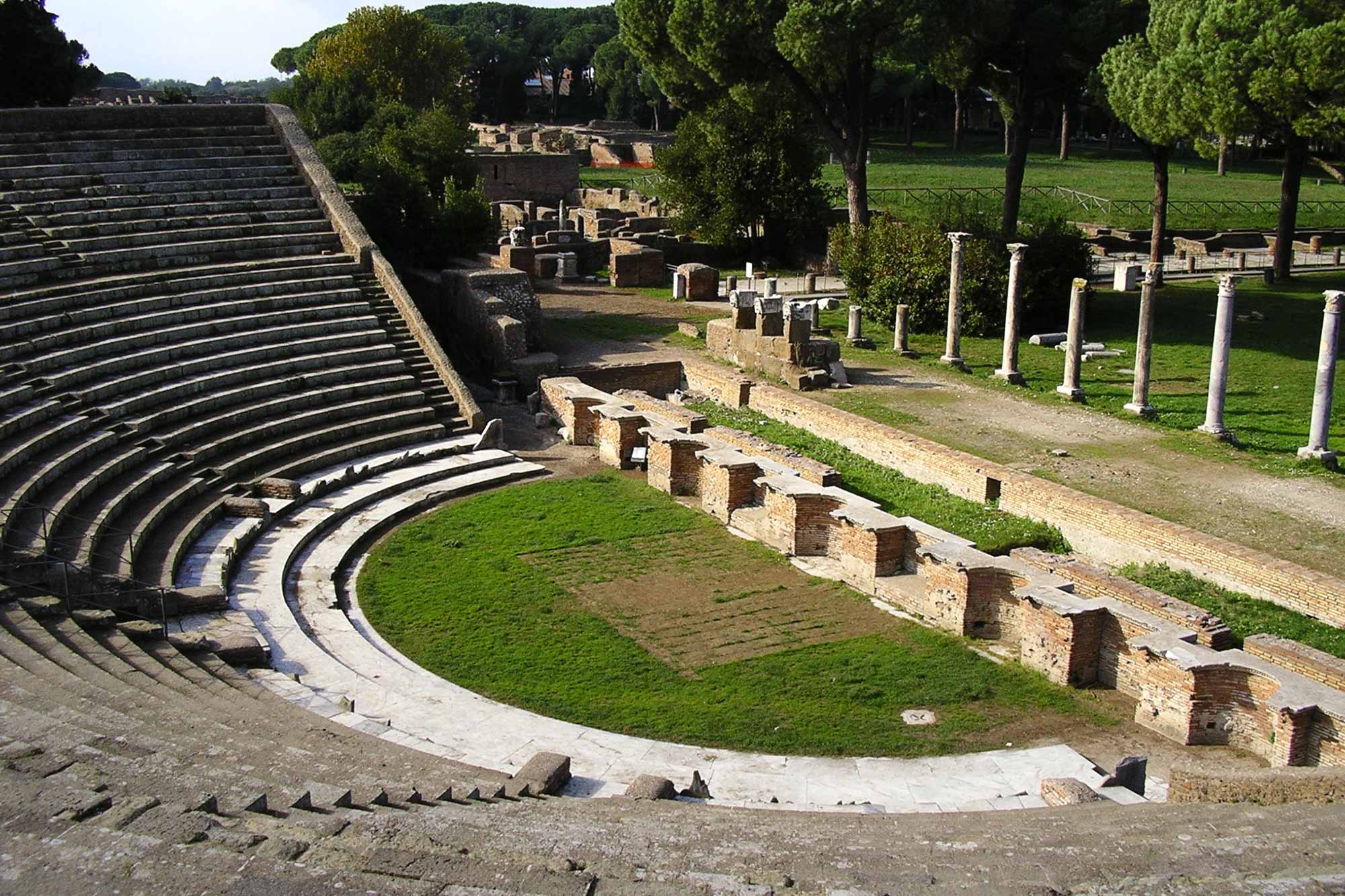An interdisciplinary workshop
Thursday 25 – Friday 26 May 2017
Organised by the Centre for Late Antique Archaeology, and Centre for Early Medieval and Modern Studies, University of Kent, and the Department of Archaeology, University of Reading.
Literacy is a central aspect of society from antiquity to the present day, but there is often a disconnect between the study of written texts and the attention paid to the materiality of their production and consumption. This workshop aims to address the particular qualities of the materiality of writing in the pre-modern period, an era in which the technologies of writing by hand were paramount.
Scholars researching material aspects of writing exist within diverse disciplines (Archaeology, Art-history, Calligraphy, Classics, English, History, Papyrology and Palaeography). Methods and approaches are diverse, ranging from studies of writing form and style to technologies of writing and the wider social context of literacy and cultural transmission. Within individual disciplines, there are established traditions of scholarship that tend to constrain how the material is approached, and there is little cross-fertilization between scholars working either in different periods or from different disciplinary perspectives. The workshop brings together scholars and experts across a wide range of periods and disciplines to foster new perspectives and to explore future directions that encourage interdisciplinary collaboration. This will include a consideration of writing as a material practice, the subsequent treatment and curation of writing documents, and the relationship between writing equipment and written documents. We will provide a fresh exploration of writing practices from Antiquity to the Early Modern period and consider the interplay between practices of literacy and diverse aspects of social and cultural identities and experience. A practical calligraphy session and a trip to Canterbury Cathedral Archive are included in order to foster an awareness of the material processes and equipment of writing, enabling scholars to gain new perspectives on the historical material culture that they study.
